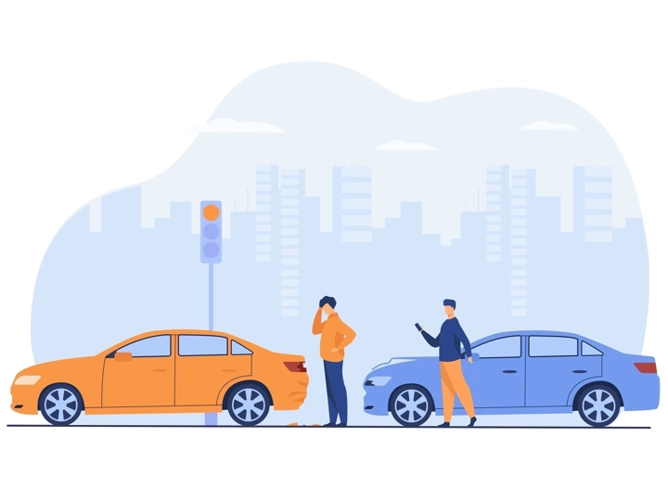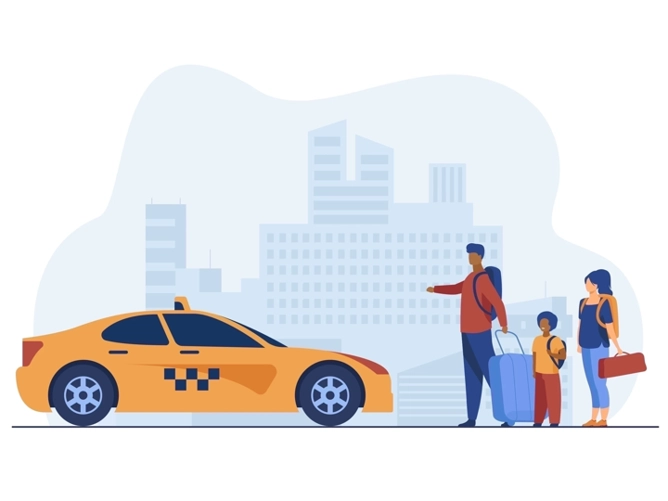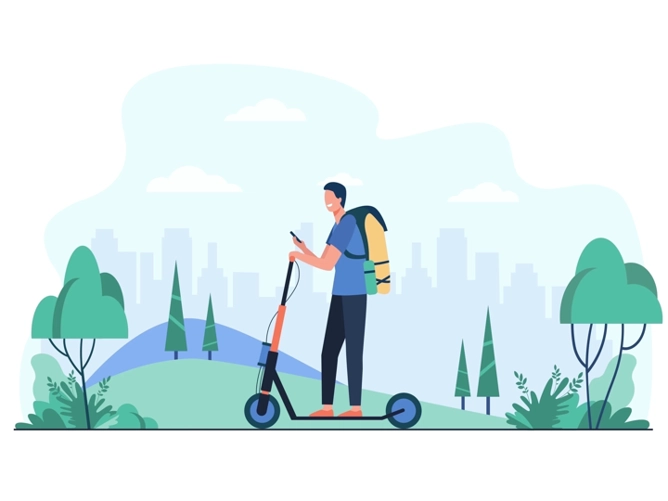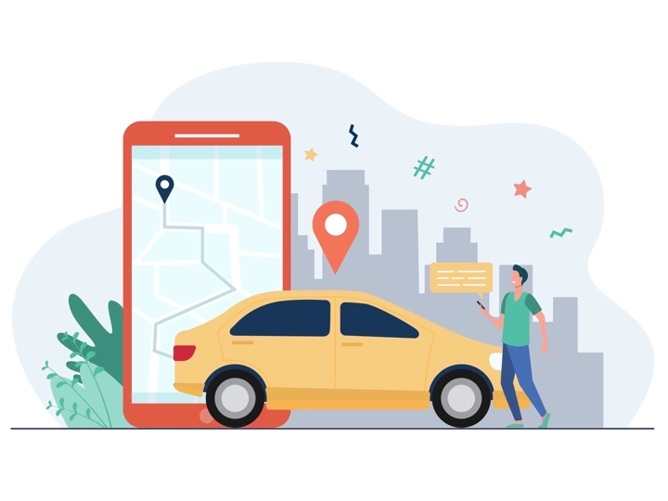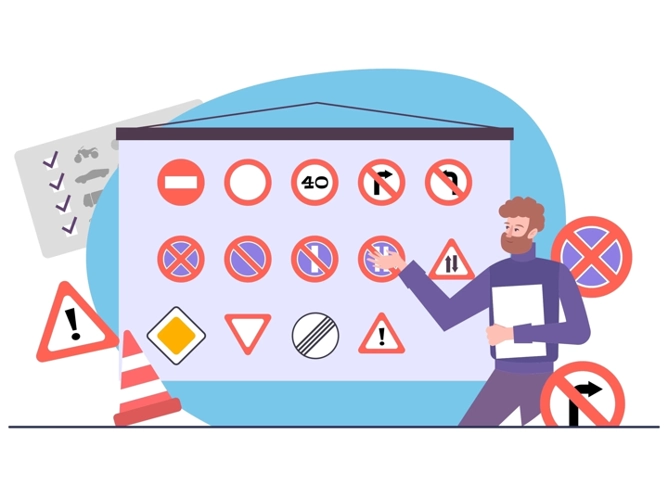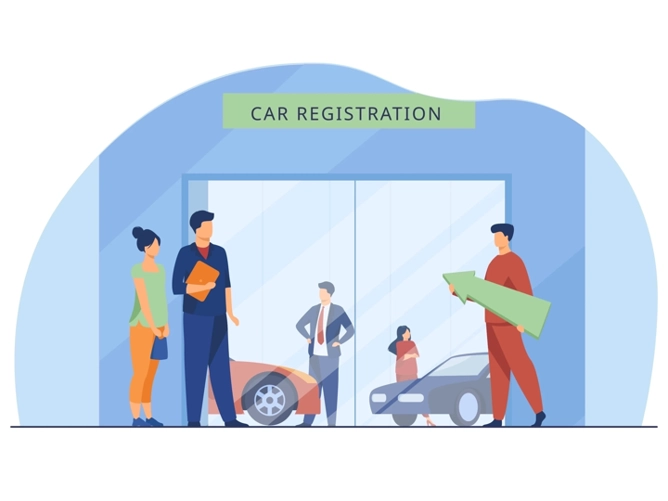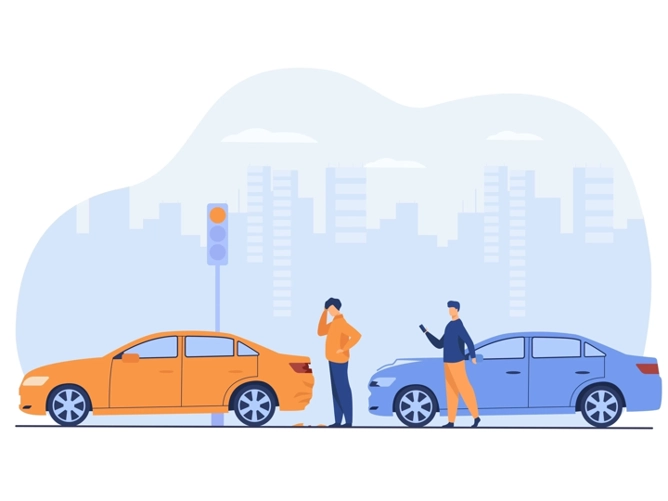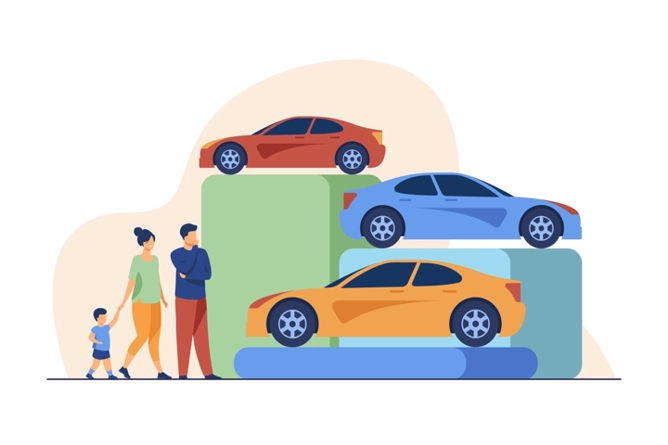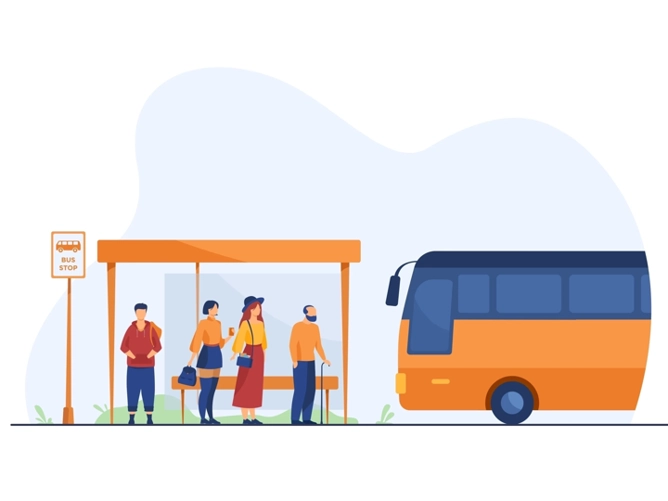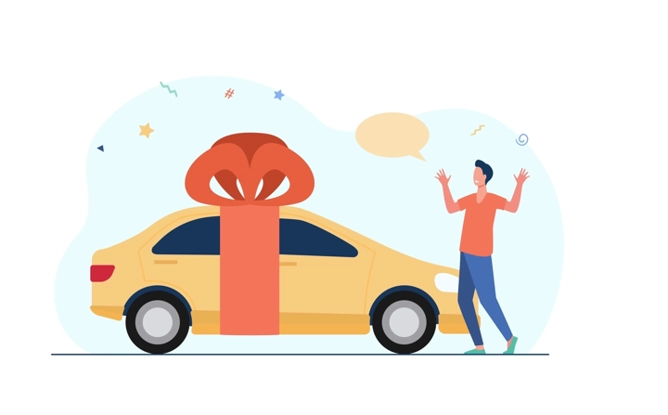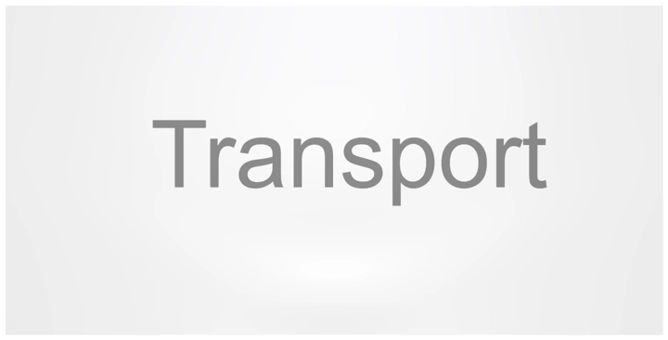
Essential Transportation Guide for Expats in Germany
Essential Transportation Guide for Expats in Germany
The Ultimate Expat Guide to Transportation in Germany: How to Move, Commute, and Thrive
Introduction
Have you ever stood in a German train station, staring at a timetable, feeling utterly lost? Or maybe you’ve wondered if you need to speak fluent German just to ride a bus or buy a train ticket? If so, you’re not alone. For expats and newcomers, navigating Germany’s transportation system can seem intimidating—yet it’s one of the most efficient and accessible in the world. At liveingermany.de, we’ve helped thousands of expats overcome these challenges, offering practical, trustworthy guidance that makes your transition smoother, faster, and less stressful. This pillar guide draws on our expertise and deep experience, blending official facts and expat-tested tips to ensure you can get around Germany with confidence.
Expat Challenges and Context: Facing Germany’s Transport Maze
Arriving in Germany, many expats are struck by the sheer variety of public transit options—U-Bahn, S-Bahn, trams, buses, and more. The system’s complexity can feel overwhelming, especially when juggling language barriers, unfamiliar ticketing systems, and regional variations.
“My first day in Berlin, I bought the wrong ticket and was fined €60. I felt embarrassed and frustrated, but it taught me to always validate my ticket and double-check the zones.”
Experiences like this are common, but they’re also avoidable with the right knowledge.
According to the Handbook Germany and Lonely Planet, Germany boasts a multi-modal transportation system that connects even small towns with major cities via efficient public transit, high-speed trains, and well-maintained roads. The introduction of the Deutschland-Ticket in 2023—a €58/month pass valid on all local and regional transport—has revolutionized commuting for residents and expats alike, offering simplicity and value (TripAdvisor Forums).
But challenges remain: understanding the difference between local and national trains, navigating ticket machines (often in German), and knowing when a special ticket or pass is needed. Add in the cultural quirks—like always being on time, or the expectation to give up your seat for elderly passengers—and it’s easy to see why newcomers can feel anxious. The good news? With the right guidance, you’ll soon find German transport not just manageable, but empowering.
Germany’s Transportation System: A Comprehensive Guide
Overview of Transportation in Germany
Germany’s transportation network is considered one of Europe’s best, making it easy for expats and foreigners to travel within cities and across the country. Whether you’re in bustling Berlin or a quiet Bavarian village, you’ll find a range of reliable options:
- Public Transport (U-Bahn, S-Bahn, Trams, Buses): Most cities and towns are served by a combination of underground metros (U-Bahn), suburban trains (S-Bahn), street trams, and buses. Each mode fills a specific niche—U-Bahn for city centers, S-Bahn for suburbs, trams for neighborhoods, and buses for last-mile connections (Handbook Germany).
- Deutschland-Ticket: Since May 2023, this monthly subscription (€58 as of January 2025) gives unlimited access to all local and regional transport—ideal for daily commuters and explorers. It’s non-transferable, app-based, and children under 6 travel free. Note: It’s not valid on long-distance ICE or IC/EC trains (Lonely Planet).
- National and Regional Trains (Deutsche Bahn): For longer journeys, Deutsche Bahn operates high-speed ICE trains, intercity IC/EC trains, and regional RE/RB trains. Long-distance trains require separate, often pricier tickets, but booking in advance can yield significant savings.
- Taxis and Ride Services: Taxis are safe and regulated but costly. Ride-hailing apps like Uber exist, but coverage is limited compared to other countries.
- Cycling: German cities are bike-friendly, with dedicated lanes and the option to take bicycles on many trains for a small fee.
- Car Travel: The Autobahn is famous for its speed (and stretches without limits), but most sections do have limits. Renting a car is easy, but consider parking, fuel, and possible license exchanges after six months’ residence.
Ticketing and Using Public Transport
- Where to Buy: Tickets are available via machines, apps, or from bus drivers. Many machines offer English instructions.
- Validation: Always validate your ticket before boarding unless it’s pre-validated. Fines for fare evasion are steep, and inspectors are frequent.
- Zones and Fares: Most cities use a zone system—fares depend on how many zones you cross. Study local maps and timetables to avoid surprises.
- Deutschland-Ticket Benefits: For regular local and regional travel, this is the best-value option for expats, offering flexibility and convenience (Handbook Germany).
Cultural Insights and Practical Steps
- Punctuality is Key: Trains and buses are famously punctual—arrive early, as they won’t wait.
- Respect for Rules: Eating, loud music, and feet on seats are frowned upon and can result in fines.
- Language: While many ticket machines and apps have English options, learning basic German travel phrases can be a lifesaver.
Explore More Transportation Resources
Navigating Bureaucracy in Germany
Understanding Germany’s bureaucracy is essential for smooth transport experiences. The blog Navigating Bureaucracy in Germany breaks down the complex administrative processes, from registering your address (Anmeldung) to getting the right permits. It introduces LiGa, a chatbot guide, and emphasizes the importance of staying informed and organized. For expats, mastering bureaucracy means less stress when applying for driving licenses, registering vehicles, or even signing up for transport subscriptions. Read more
City Registration Process in Germany
Before you can fully access Germany’s transportation system, you must complete the city registration process (Anmeldung). This guide details every step, including booking appointments, required documents, and the consequences of missing deadlines. Registration is crucial for opening a bank account, getting a SIM card, and even buying monthly transport passes. The article also covers address changes and deregistration, making it a must-read for newcomers. Read more
Essential Steps When Leaving Germany
If you’re planning to leave Germany, this comprehensive guide outlines all the steps—canceling insurance, terminating contracts, and deregistering with authorities. The guide highlights the importance of proper planning to avoid fines and complications, especially with ongoing subscriptions like monthly transport passes or car leases. It’s invaluable for anyone transitioning to a new country. Read more
Re-entry Certificate for Germany
For expats who spend extended periods outside Germany, it’s essential to understand residence permit rules. This article explains how to obtain a Re-Entry Certificate, the risks of permit expiration, and how absences affect your legal status. It’s especially relevant if you’re traveling frequently for work or family, ensuring you stay compliant with visa and transport regulations. Read more
Verpflichtungserklärung Process in Germany
While not directly about transport, understanding the Verpflichtungserklärung process is vital if you’re inviting family or friends to visit Germany. The obligation letter is a common requirement for visitor visas, often involving proof of accommodation and transport arrangements. The guide covers costs, validity, and practical steps for smooth applications. Read more
Practical Tips for Expats: Getting Around Like a Local
- Master the Deutschland-Ticket: For €58/month, enjoy unlimited local and regional travel. Set up a subscription via the official app, and remember—kids under 6 go free.
- Use Apps for Route Planning: Download DB Navigator or local transport apps (often in English) for real-time schedules, ticket purchases, and route planning.
- Validate Your Ticket: Don’t forget to stamp your paper ticket before boarding, or activate digital tickets in the app. Fines for missing validation are high and strictly enforced.
- Embrace Cycling: Many cities have bike-sharing schemes and dedicated lanes. Consider insuring your bike with a policy like Helden Fahrrad or Feather Fahrrad for peace of mind.
- Plan Ahead for Car Rentals: If you need a car, compare options on AutoScout24 or Mobile.de. Remember, non-EU licenses may need to be exchanged after six months.
Reflective question: What’s the biggest challenge you’ve faced with German transportation—ticketing confusion, language barriers, or something else?
Contextual Affiliate CTAs
Need a flexible, eco-friendly way to get around the city? Try ShareNow, Germany’s leading car-sharing service—perfect for expats who don’t want the hassle of car ownership. Get started.
(Affiliate link – we may earn a commission at no extra cost to you.)
Prefer to ride? Freenow is a convenient taxi and ride-hailing app, available in major German cities. Book a ride in seconds and pay cashless. Get started.
(Affiliate link – we may earn a commission at no extra cost to you.)
Love cycling? Protect your bike with Helden Fahrrad—affordable, comprehensive bicycle insurance for expats in Germany. Get started.
(Affiliate link – we may earn a commission at no extra cost to you.)
Conclusion
Germany’s transportation system is a model of efficiency, reliability, and accessibility for expats and foreigners. Whether you’re commuting daily, exploring new cities, or planning a family visit, understanding the system’s rules, ticket options, and cultural nuances will save you time, money, and stress. At liveingermany.de, we’re dedicated to helping you thrive—on the move and beyond.
Sources:
- Handbook Germany: Mobility
- Lonely Planet: Getting Around Germany
- TripAdvisor Forums: Best Pass for Foreigners
- YouTube: German Transportation System
Verified as of May 2025. For more expat resources, visit liveingermany.de—your trusted guide to life in Germany.
